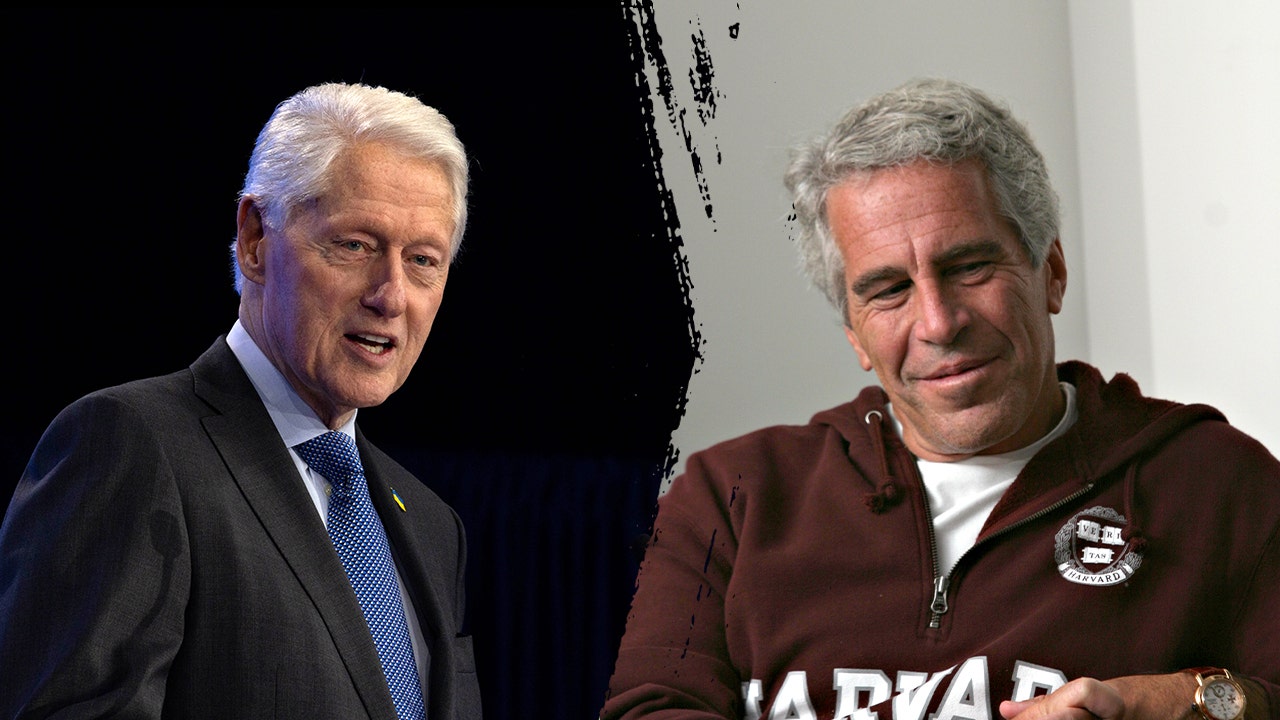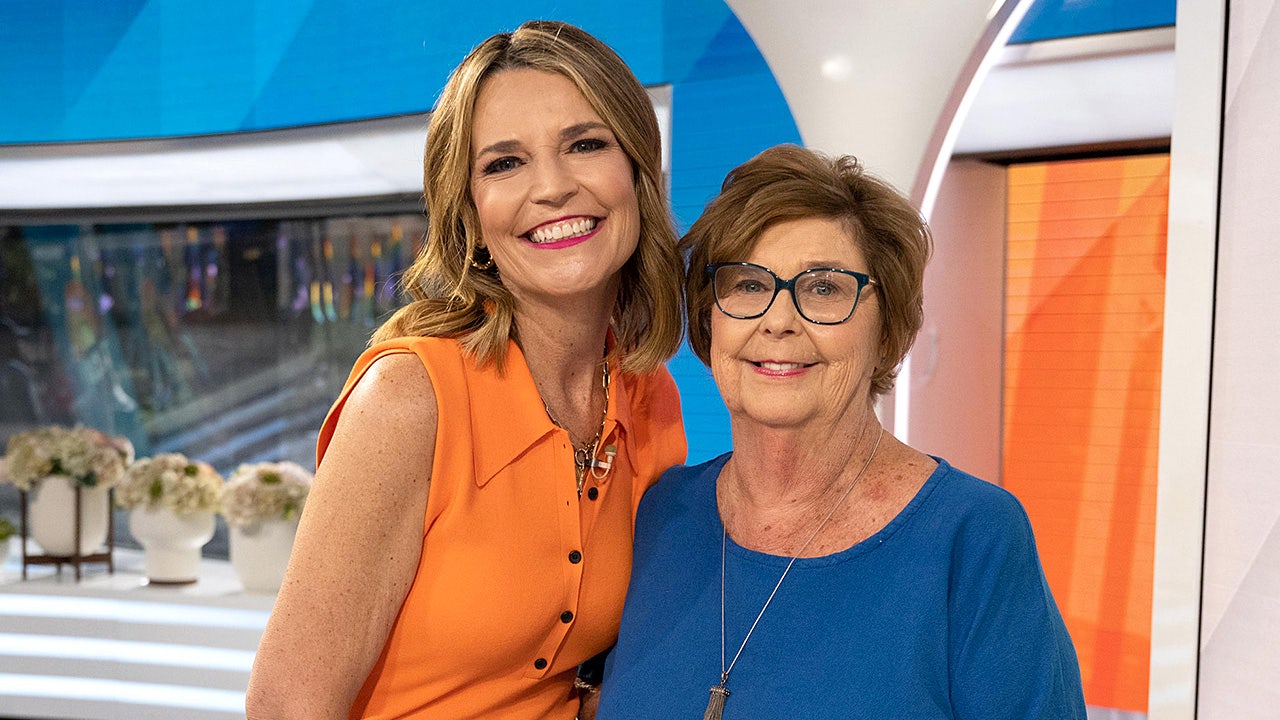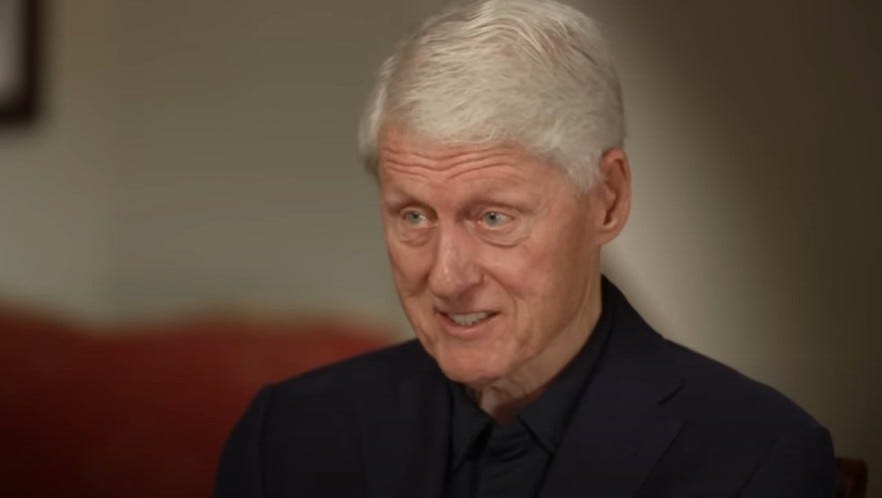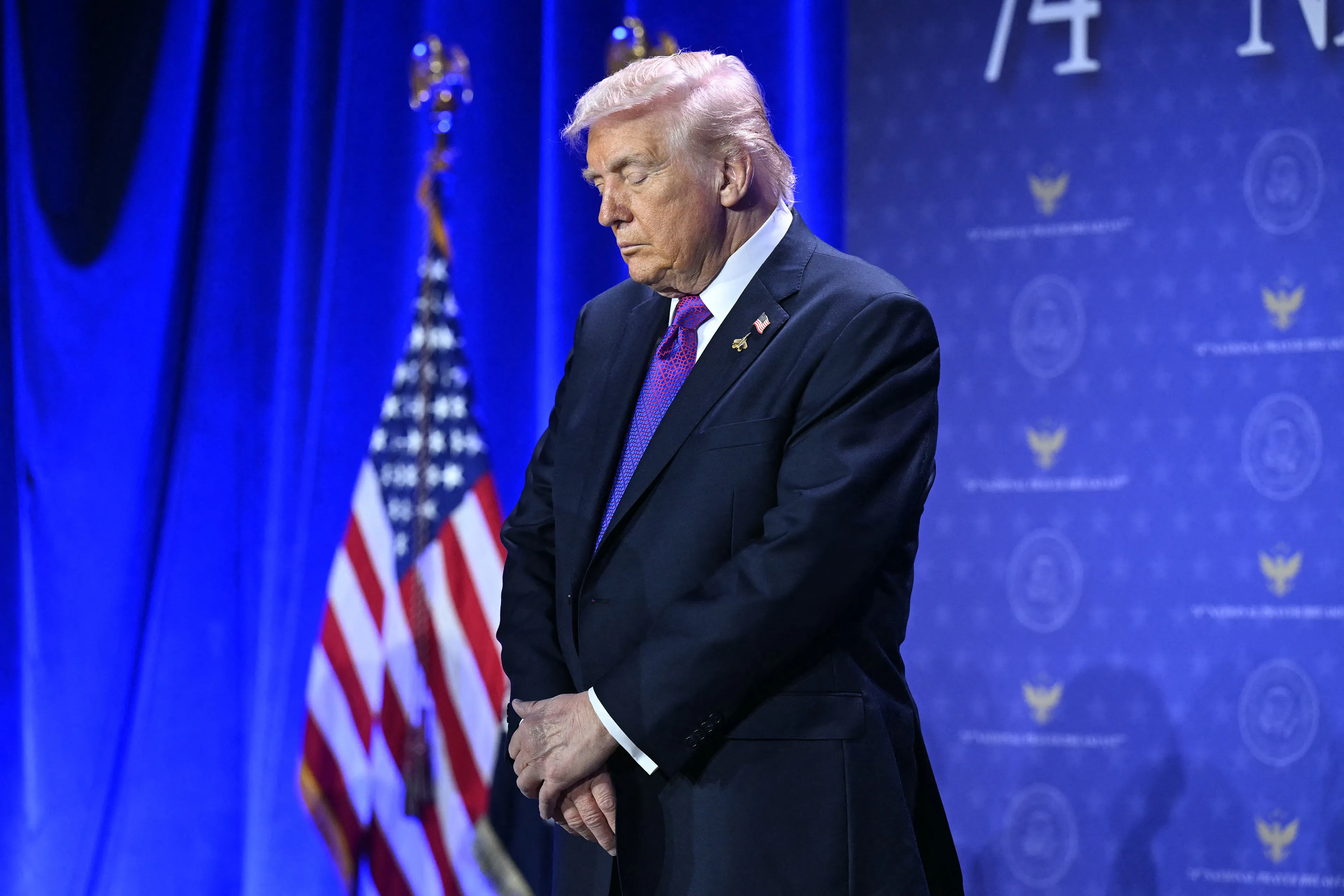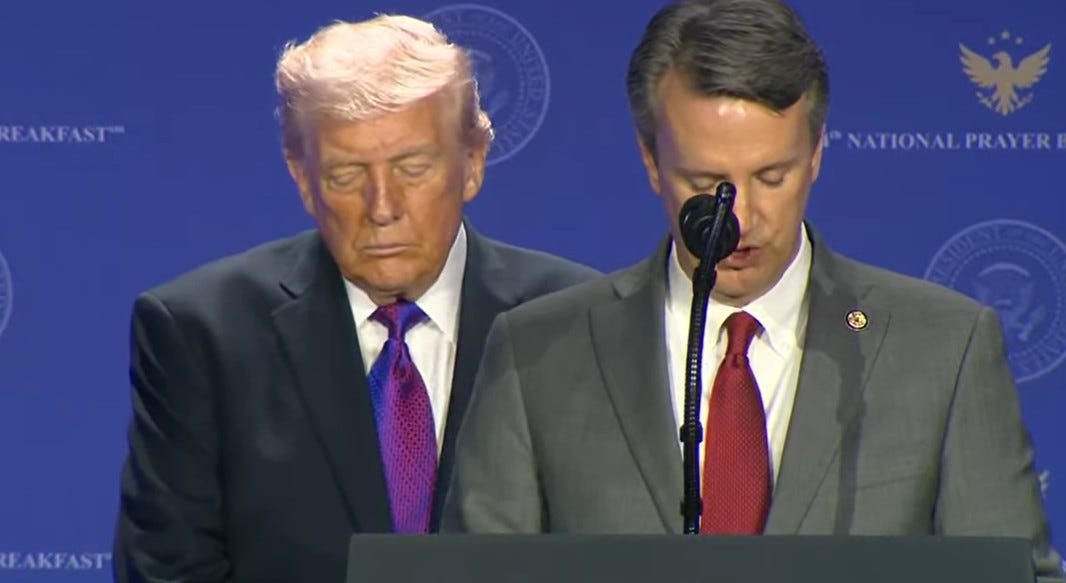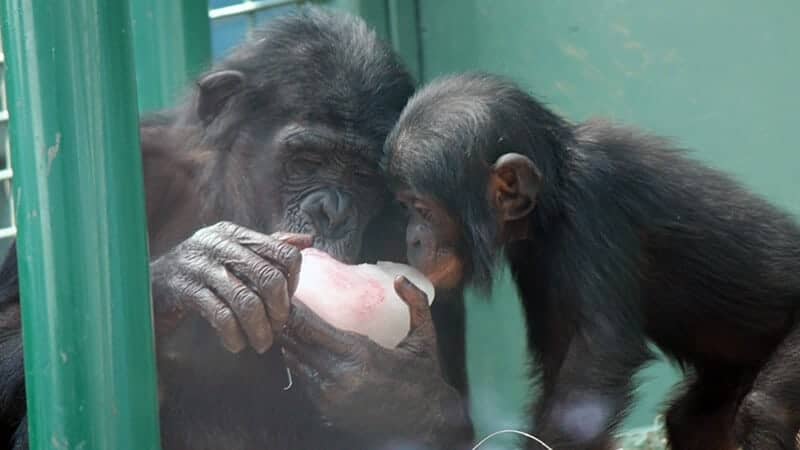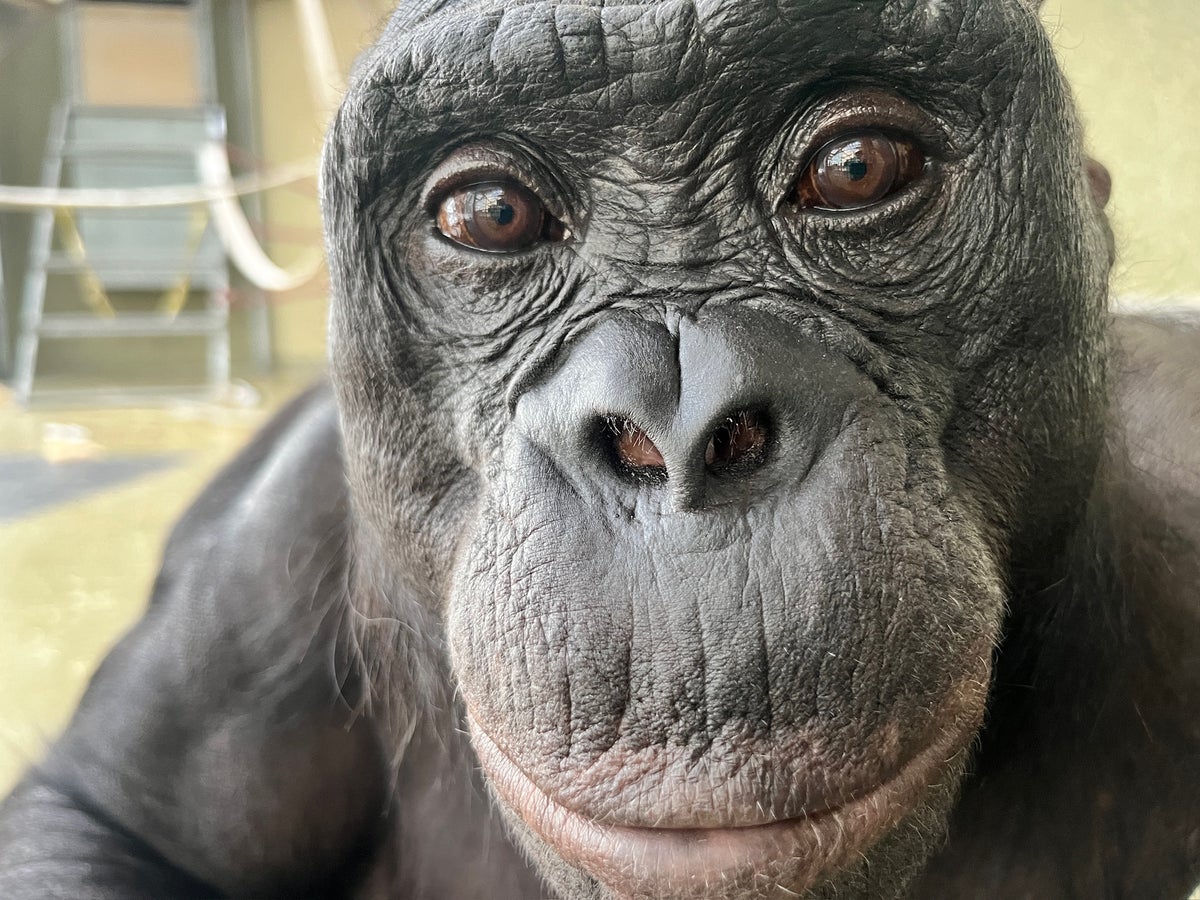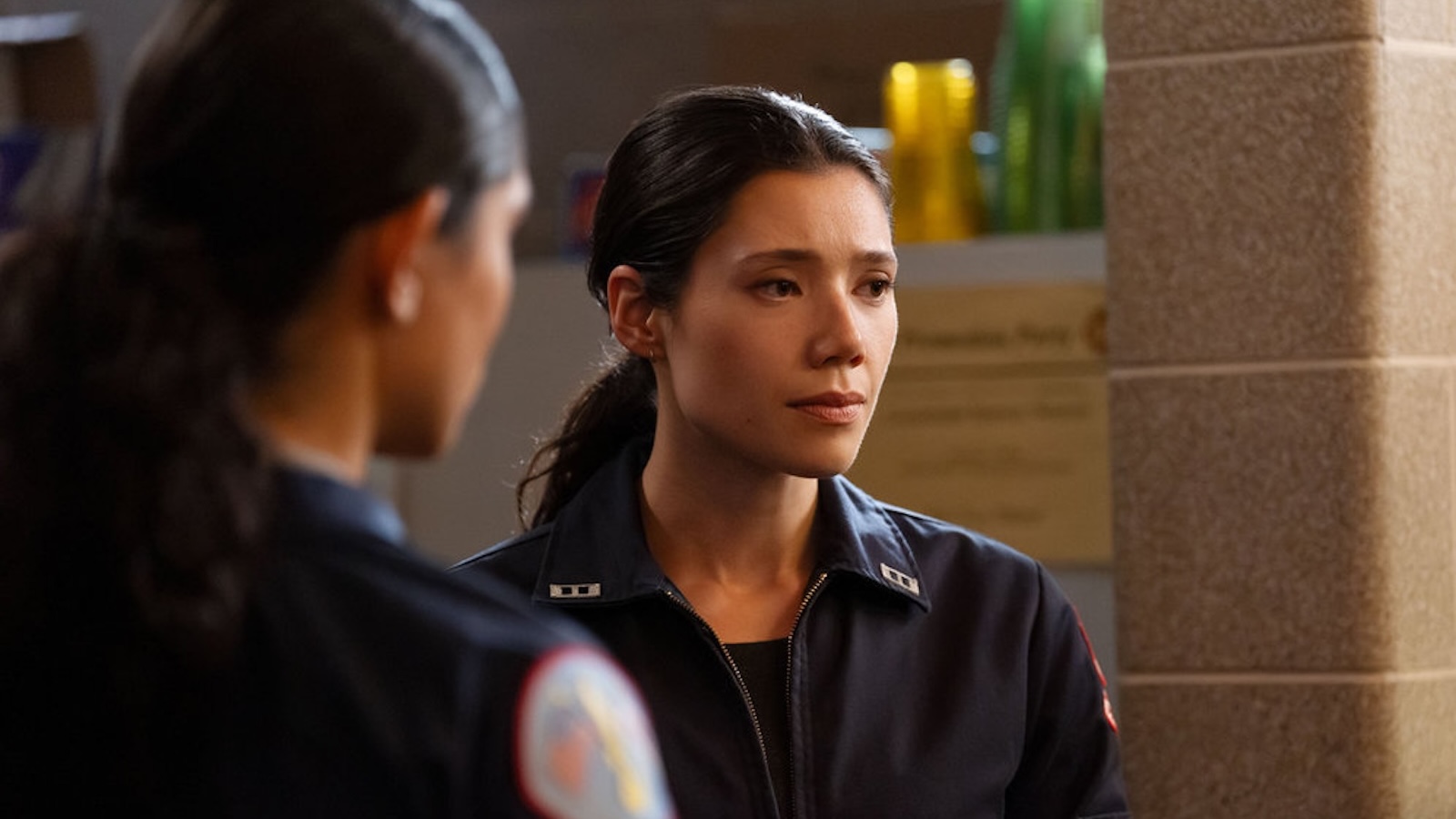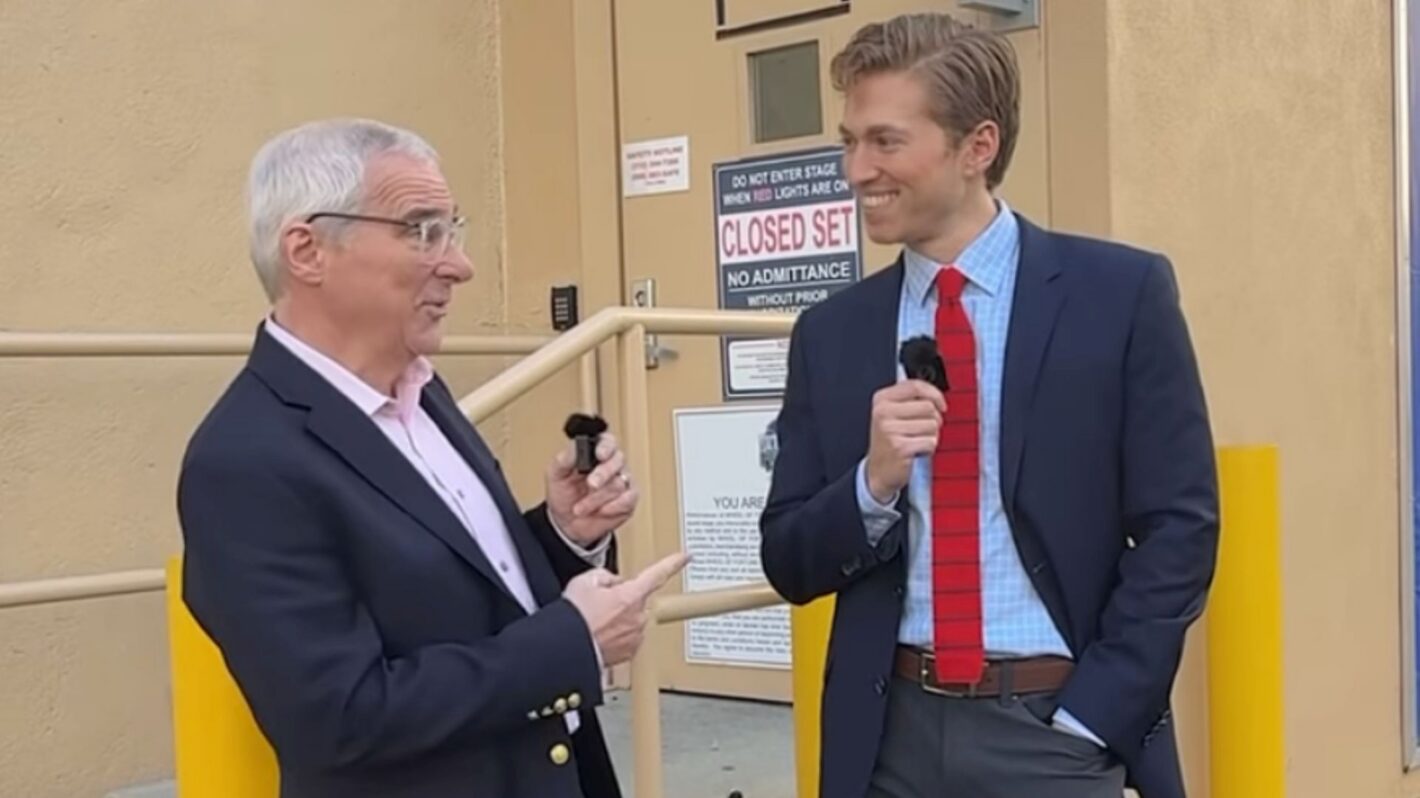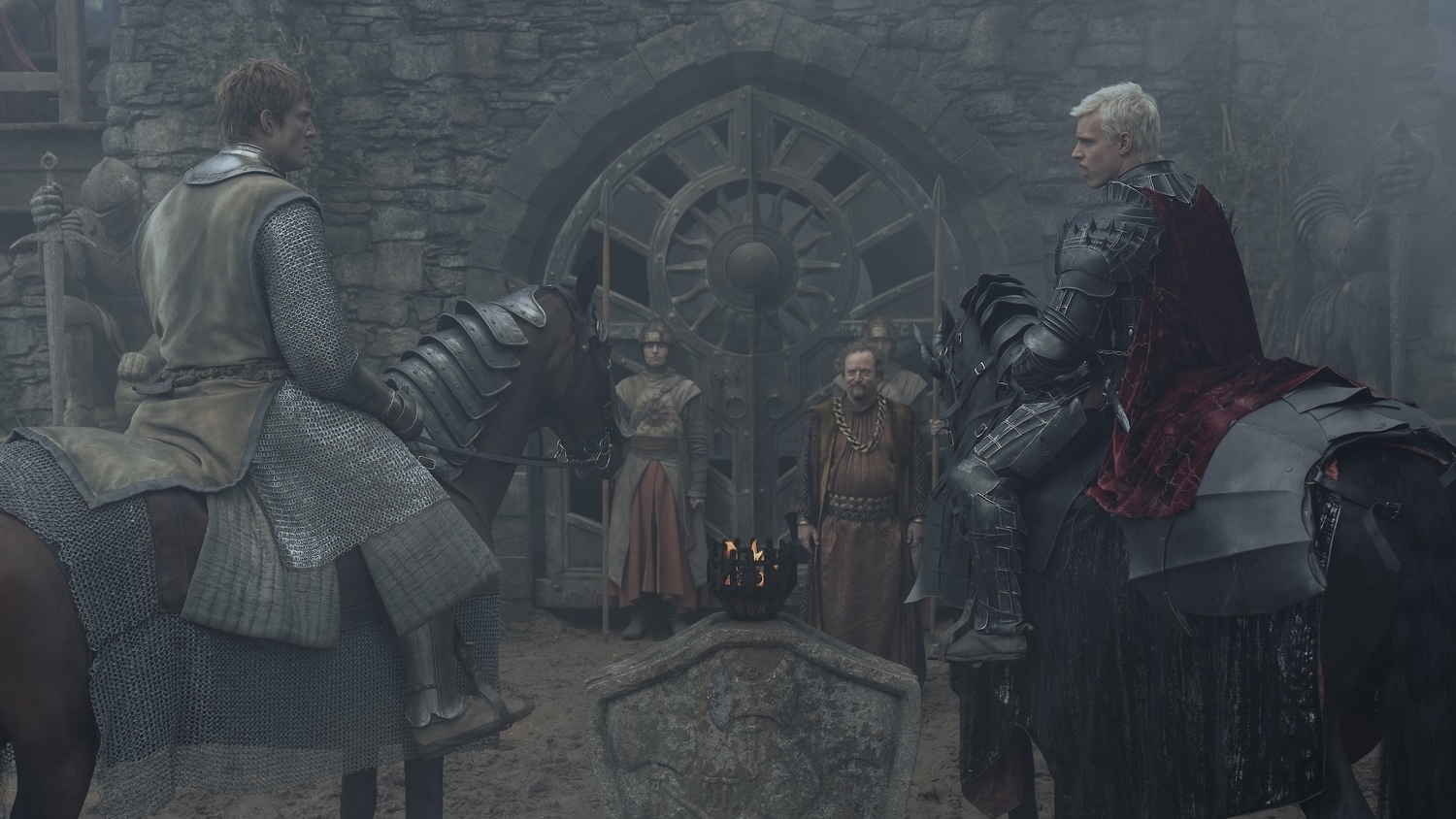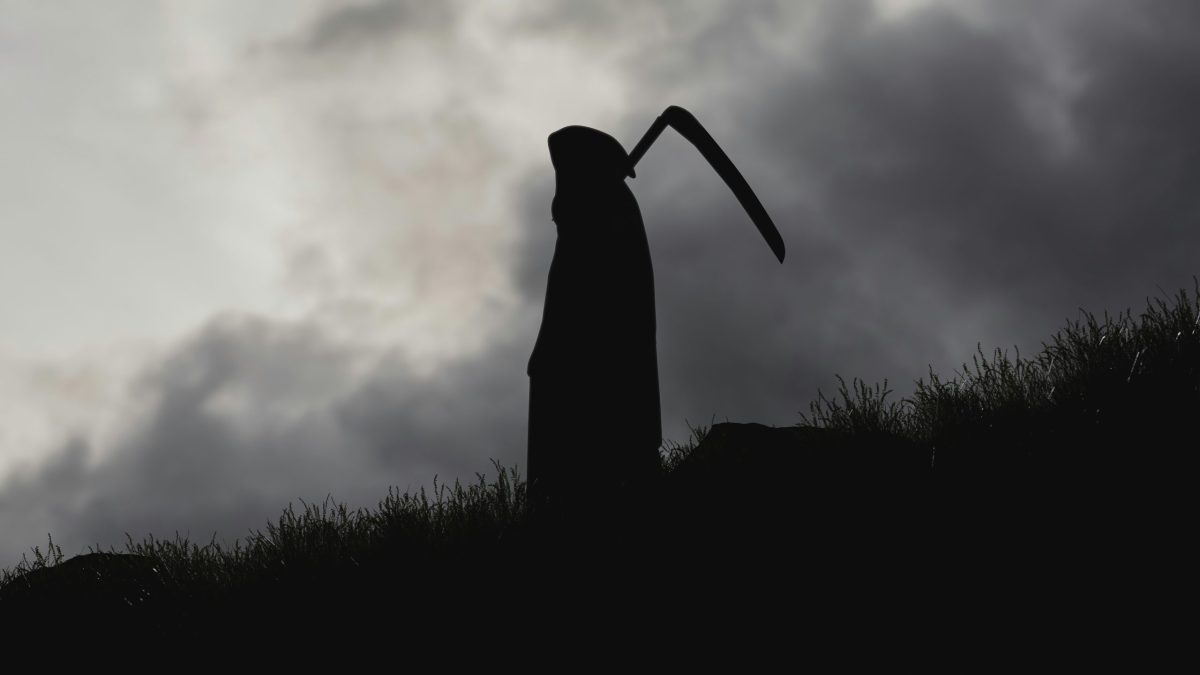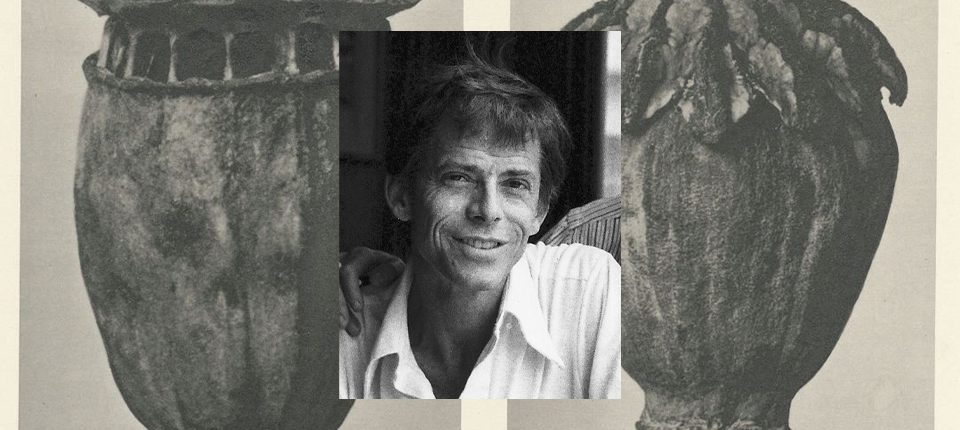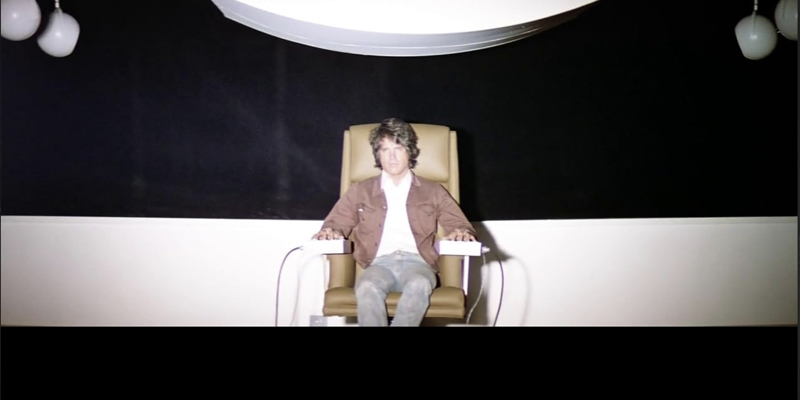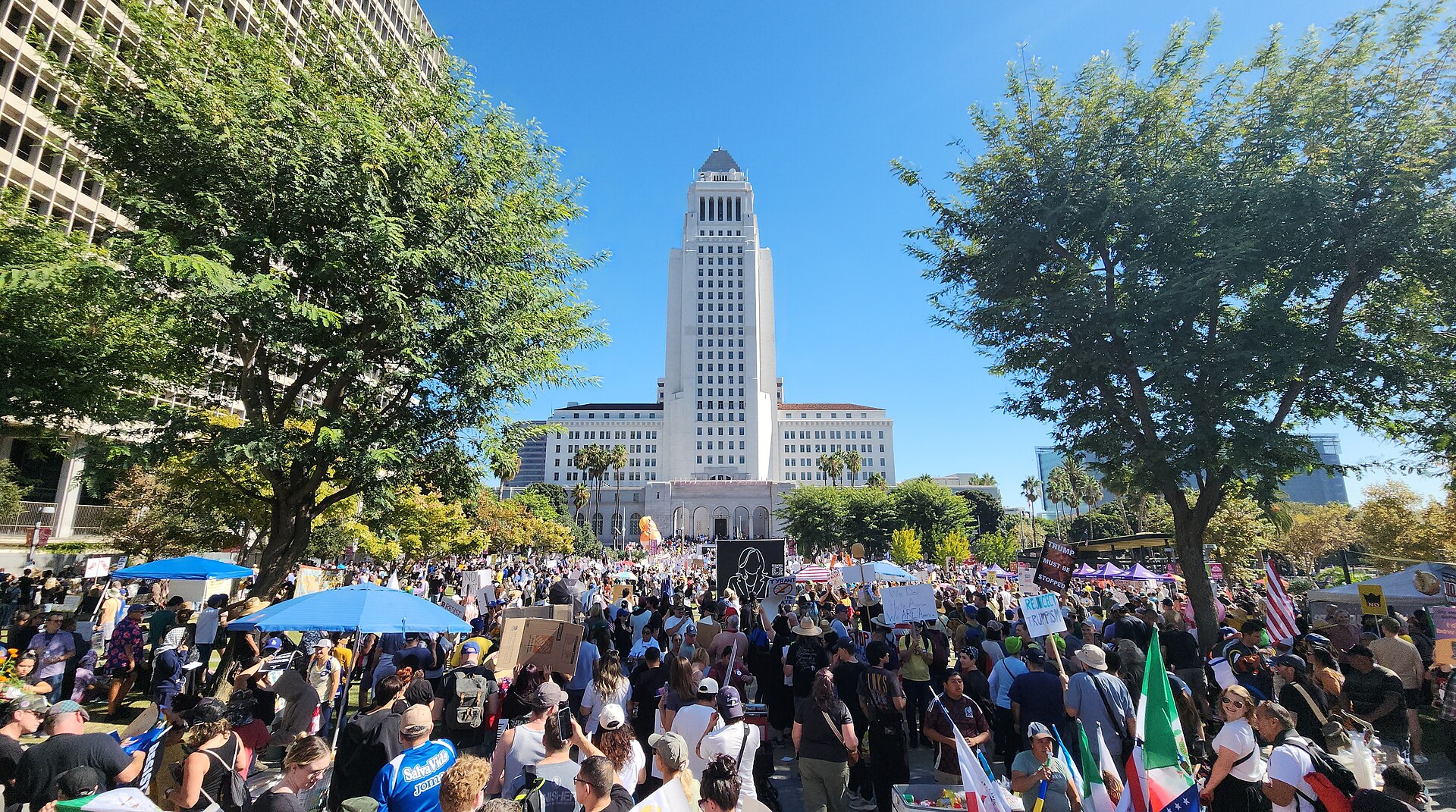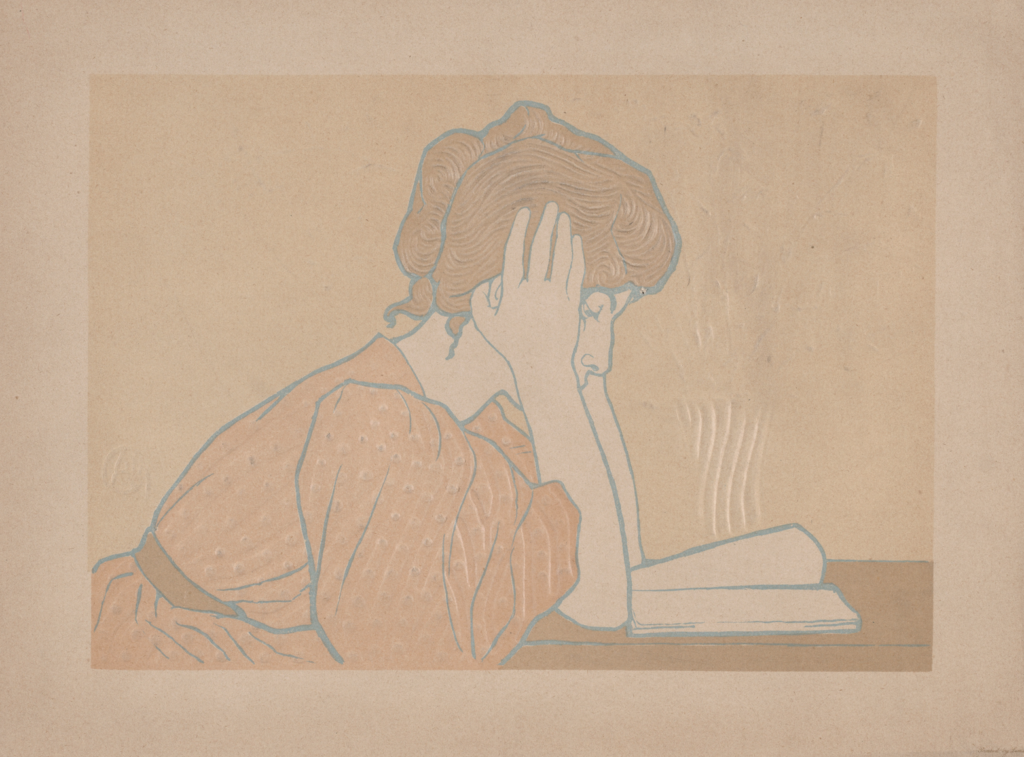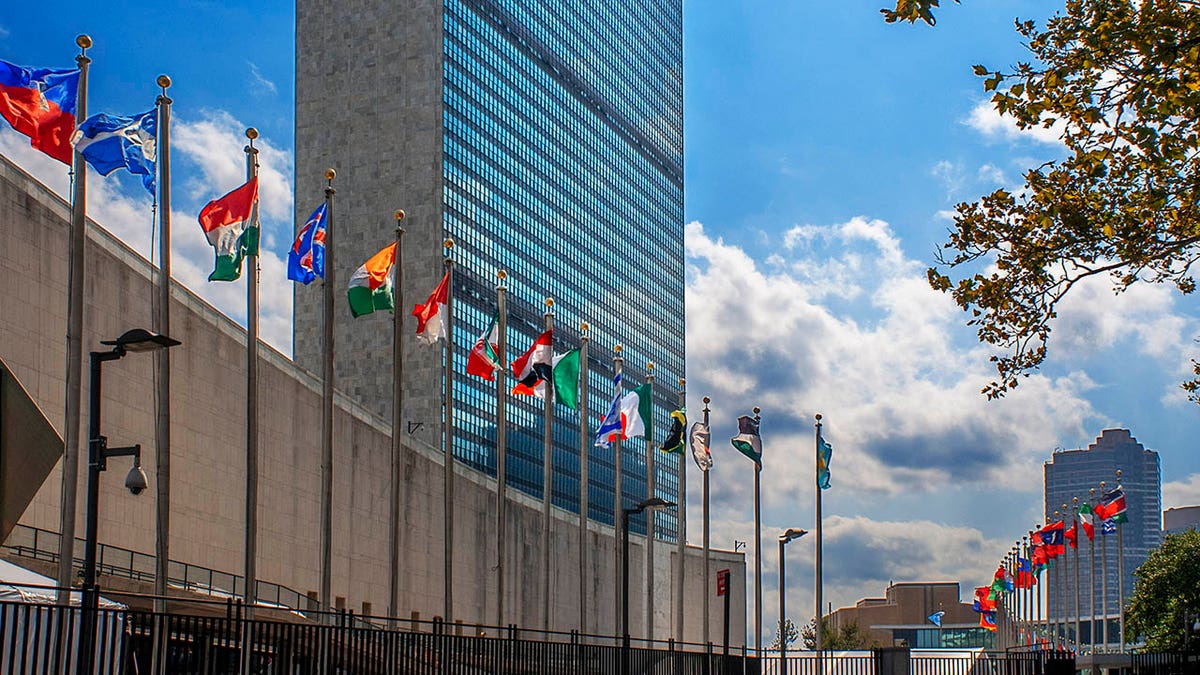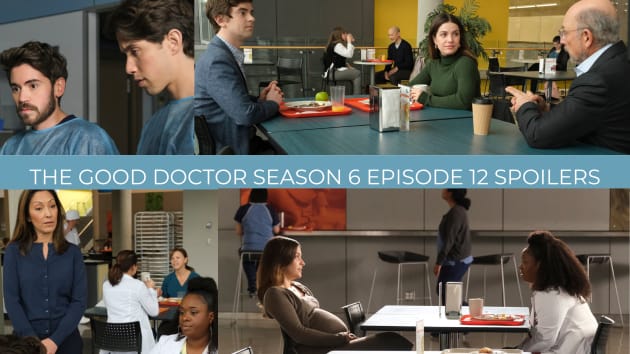One night in 2008, my husband and I arrived late to a dinner party. Dinner was in progress, our empty chairs glaringly vacant, and before I could even sit down, a guest turned around to ask me, “What are you writing?”
“Writing?” I replied. I was surprised. In the dream—this was a dream, although of course I didn’t know that until later—it was clear to me that no one “wrote” anymore, that “writing” was a thing of the past. Everyone knew this. Too polite to embarrass the questioner by mentioning such an obvious fact, I said merely, “Oh, I’m not writing!”
I woke with an almost blissful sense of release. At the time of that dream, I had been a working writer for 34 years. I had published 13 novels—two mysteries, two literary novels, and nine Regency Romances written under a penname—and had been a freelance journalist for the New York Times for more than a decade. Now, for the first time ever, I wondered if, in fact, I could stop writing.
Financially, the answer was easy: yes. Not long before, I had had the staggering good fortune to come into a substantial inheritance. In fact, after nearly two decades in a lightless apartment at the back of our building, my husband and I had bought and were busily renovating a light-flooded one in front. But morally, ethically, in such an idle state, I asked myself, if I were to stop writing, would I be worthy to take up space on the planet? To breathe air? Be given, as it were, “a seat at the table”?
 I picked up my journal—I’ve always kept journals—and started to retrace the arc of my writing life. Even as a very little girl, I’d lived most vividly inside my imagination, carrying on long conversations with my stuffed animals, or the tiny people who lived in my flowered wallpaper, or my reflection in the mirror, and making up stories about being held captive by an evil witch (I had a stepmother) who forced me to do all manner of impossible chores (I had read Rumpelstiltskin) and the like. These childish acts of imagination had been completely innocent, entirely devoid of agenda. How had I come from that Edenic beginning to a place where I wouldn’t think of writing anything unless there was a market for it?
I picked up my journal—I’ve always kept journals—and started to retrace the arc of my writing life. Even as a very little girl, I’d lived most vividly inside my imagination, carrying on long conversations with my stuffed animals, or the tiny people who lived in my flowered wallpaper, or my reflection in the mirror, and making up stories about being held captive by an evil witch (I had a stepmother) who forced me to do all manner of impossible chores (I had read Rumpelstiltskin) and the like. These childish acts of imagination had been completely innocent, entirely devoid of agenda. How had I come from that Edenic beginning to a place where I wouldn’t think of writing anything unless there was a market for it?
*
A couple days after the dream, out doing errands, I ran into an acquaintance. We said hello, how are you, how are you, and then she asked what I was doing. I thought for a moment. “I’m talking to you.”
She looked puzzled, and we parted after a few more words. I went on my way, thunderstruck. Oh my God, that was what I’d been doing! That was all I’d been doing! I understood that what she’d meant was, “What are you writing?” But I wasn’t writing. I was not-writing. My mind was nowhere else. I wasn’t pondering how I might restructure a story I’d started and gotten stuck in. I wasn’t noting her curious, cat-covered scarf and filing it away for future use. I wasn’t figuring out what to write next. I was there. Then. With her. I had been here now.
A few weeks later, I took out a fresh spiral notebook and titled it Unbecoming a Writer. Yeah, I know. Ha ha ha.
*
The first two entries are undated:
Making the bed. Not hurrying so I can get to my work. Making the bed is not an obstacle to life. It is life.
Clipping fingernails short, not so I can type but because I just prefer short fingernails.
A few weeks in, bowing to the habits of a journalist, I started to add dates:
3/8 In the park, passed a woman with a harsh but handsome face and thought: “That’s a face you’d have had to grow into.” Immediately opened a mental file for a new character. What was her childhood like? Then realized I was thinking like a writer and stopped. Came back inside feeling unsettled.
3/13 A woman told me how she and her husband met. (Bizarrely, hilariously.) Unable to resist, came home and wrote down the bones of her story.
3/15 Not-being a writer is starting to make me feel more uneasy than unburdened. Boredom is so boring if you aren’t imagining a creative work.
3/16 It’s too dull to be alive and not writing. At least, in the absence of being-here-now, which I am less and less able to do. I now suspect that my be-here-now phase was the ecstasy of starting a vacation and reveling in getting no phone calls, not setting an alarm, etc. Which is gradually succeeded by boredom and loneliness.
*
At the time of this experiment, I was part of a now sadly discontinued “literary salon” run by Robin Marantz Henig, an accomplished and intellectually curious journalist who once a month would set a writerly topic (e.g. “How much of yourself do you allow to show in a reported article?”) and bring together a dozen or so writers to discuss it. The salons were fun, stimulating, and a chance to meet people I wouldn’t have otherwise. I never left without feeling that my brain had had a good workout. Soon after my new resolution, however, I realized I was going to have to turn myself in to Robin. I was no longer writing. Would I still be allowed to attend? She laughed off my concern. Of course! Perhaps coincidentally, perhaps not, the topic she set for the next meeting was whether writing was “trivial,” and why we do it when it’s so difficult.
I arrived at the salon that evening filled with fear. What would these seasoned, gifted writers make of my defection? But after I blurted out my confession, I learned that almost everyone there felt burdened by writing, even those who also experienced it as a salvation. Several said they wished they could afford to stop, or at least take a good long break. Like virginal teenagers, they all wanted to know “what it felt like.” As the evening ended, an esteemed editor pointed an accusing finger at me and said, “You’re going to write about this.”
*
3/19 Creeping nostalgia/yearning for sensuous pleasure of writing. The ink part. Getting to move the pen and leave the mark of a letter.
4/6 Starting Anne Enright’s The Gathering, I realize I’m not reading the way a writer does. It doesn’t matter to me who Anne Enright is, where she is in her career, or why I thought I’d find her book engaging. Either I enjoy it or I don’t, and there’s no other reason to read it. This is revolutionary, because for more than 30 years, I’ve read with an eye to how what I’m reading was written, was structured, the choices that were made, why, how it relates to other books by the author, etc. This new way of reading is considerably more boring than a writer’s way.
4/7 Saw a big ad in the Times listing all the Guggenheim winners for this year and tried not to feel envy. I envied even the choreographers.
4/10 I hear the name Jing-Jing on the radio and long to use it. A character. A pen name. Jing-Jing Selwyn. Jing-Jing Klein.
4/13 4:00 a.m. Up reading Jennifer Egan’s The Keep and for the first time see one of my underlying motives: while I know that writing is very hard for almost all writers, I think it is harder for me because I’m not smart enough (or talented enough?) to reshape a book that’s going wrong. Some writers are simply more able than I am. So why shouldn’t they write, and I’ll read?
(Undated) Renovating the new apartment is keeping me so busy that I really don’t have time to not-write.
6/15 Bored with myself and my empty inner landscape—or rather, my inner landscape cluttered with couches, rugs, sconces, electrical outlets and wood stains . . . I want to let myself fill up with ideas, voices, images, or at least with the strange lack of them. But not sconces.
(Undated) I have never been bored with myself. It’s frightening and sad.
8/1 For the last week or so, have felt increasingly, almost gnawingly, in need of being inside myself, visiting that place in my center that I write from. I don’t care what I do there, but I feel more and more urgently in need of being there.
8/29 The final adventure. My hard drive breaks, wiping out six years of writing. It feels like having your house burn down: you are suddenly without a past. It is devastating but also lightening—a new beginning.
*
“New beginning” or not, almost two years went by before I returned to writing. In the interim, I had many things to occupy my time, in particular, helping my adolescent son with difficulties he was going through and finishing the renovation of our new apartment. I also learned that if you don’t have to write to make money, there is less motivation to do so. All the same, a year and a half along, I decided to start writing again.
Alarmingly, however, I found that I couldn’t. My journals from that time are full of notes on writing classes I enrolled in—humble, off-brand classes, so I wouldn’t run into anyone I knew—and therapy appointments spent discussing “why I can’t write anymore.” Many therapy appointments. On one occasion, evidently fed up with words altogether, I brought crayons and drawing pads to a session.
In the end, my reentry came about spontaneously. As we prepared to move from old apartment to new, I decided to say goodbye to a tall, rickety filing cabinet in which, for some 30 years, I’d stored manuscripts, drafts of manuscripts, research for newspaper articles, and other such literary detritus. I pulled out each drawer, dumped the contents on the floor, and sat making piles of stuff to keep and stuff to throw away. I’d been at this for some hours when I came across the unfinished manuscript of a novel I’d started a few years before my Unbecoming. At the time, it had seemed trifling to me, not worth pursuing, and I’d set it aside. But when I picked it up now and started to read again, the first page made me laugh. The second made me want to turn to the third. And so on. Over the next few days, I read all there was of it, a good three-quarters of a book. Frankly, I found it delightful. It’s a bit embarrassing to admit, somehow, but for the most part, I like my own writing—at least, after enough time has gone by since I wrote it. I crack myself up. I entertain myself. I was interested in this forgotten manuscript, disappointed that it had no ending, and I wanted to know what happened next. There was only one way to find out.
Reader, I wrote it.


